What are magic mushrooms?
Magic mushrooms are a group of mushrooms that contain the psychedelic prodrug compound Psilocybin. Mankind has used them for millennia, and recently they have become popular as a recreational and medicinal substance. Magic mushrooms have been known to induce feelings of euphoria, powerful hallucinations, self-discovery, understanding, and ego-dissolution. Recent studies suggest that they have neuroregenerative properties, and may be a potential cure for depression and various addictions.
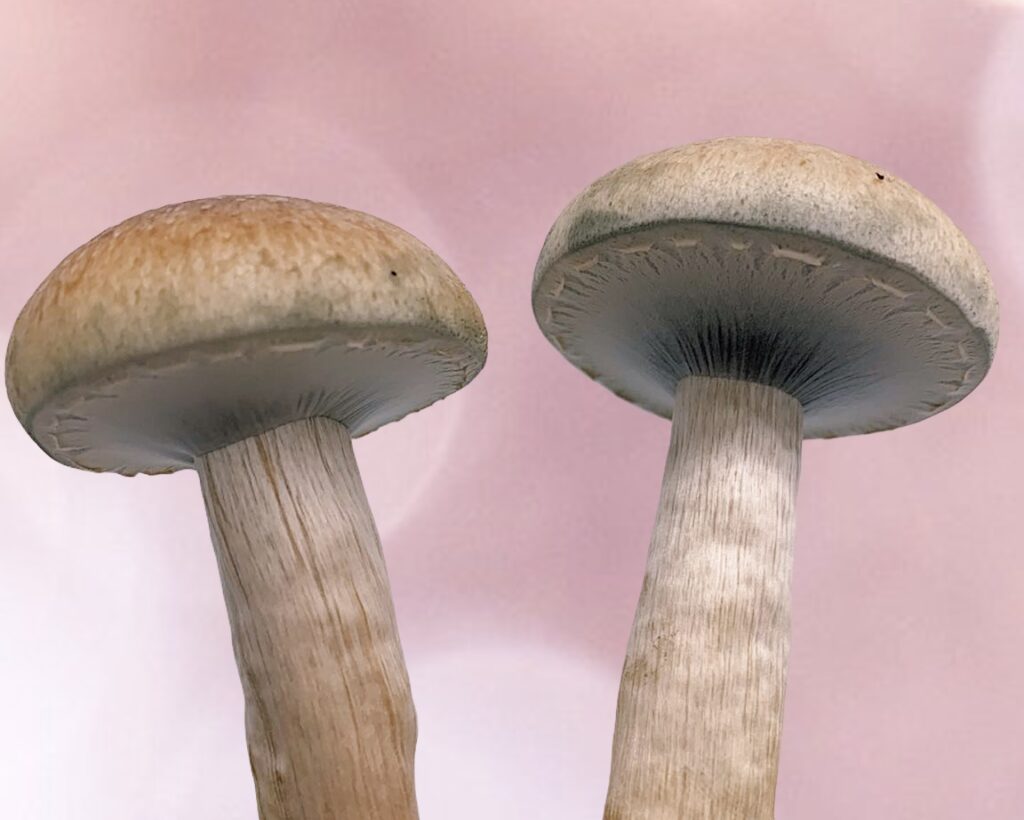
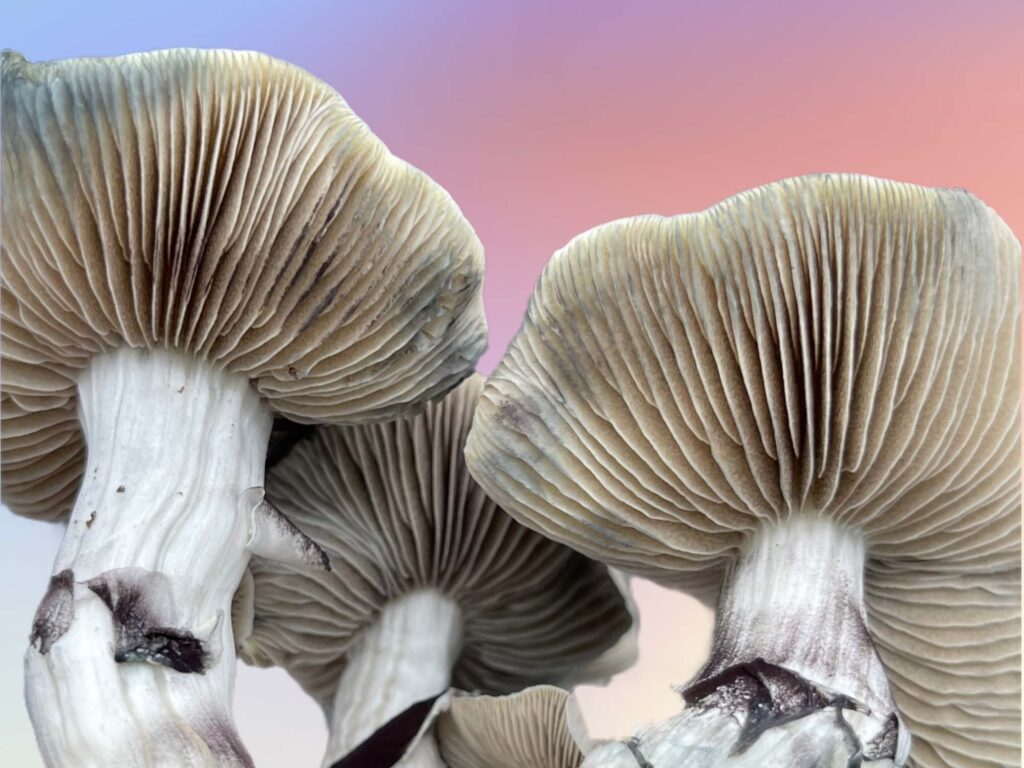
Psilocybin mushrooms have long been intertwined with human civilization, from prehistoric cave paintings to pre-Columbian sculptures and glyphs. They were consumed in ceremonies and spiritual rituals, Aztecs referred to them as the “flesh of the gods.” Notable mycologists including Paul Stamets infer that magic mushrooms are the reason we are here today. In what’s known as the Stoned Ape Theory, they suggest that psilocybin was the catalyst in the primitive brain expanding its information processing ability, and evolving.
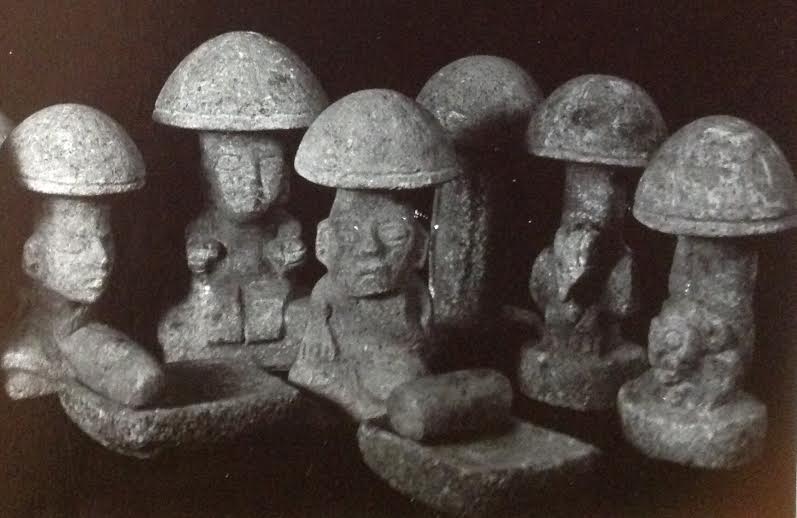
For the first time, psilocybin was isolated as the active ingredient in magic psychoactive mushrooms in 1958. After this discovery, psilocybin was briefly sold by pharmaceutical companies as a treatment for addiction, anxiety, and depression, until the “war on drugs” began in the 1970s.
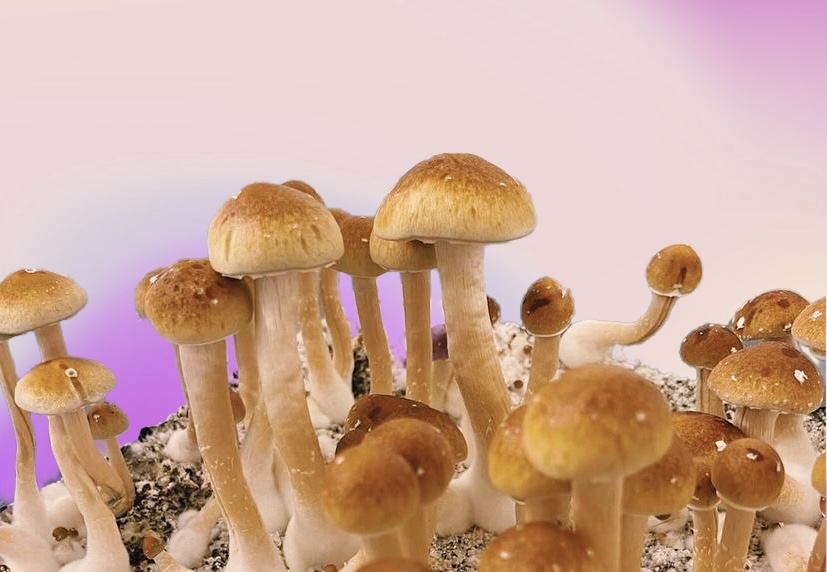
Mushroom Studies
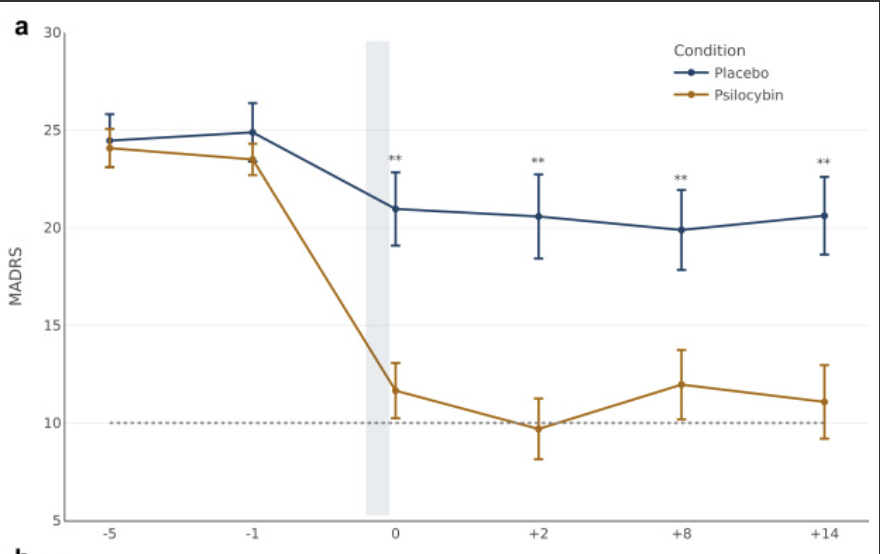
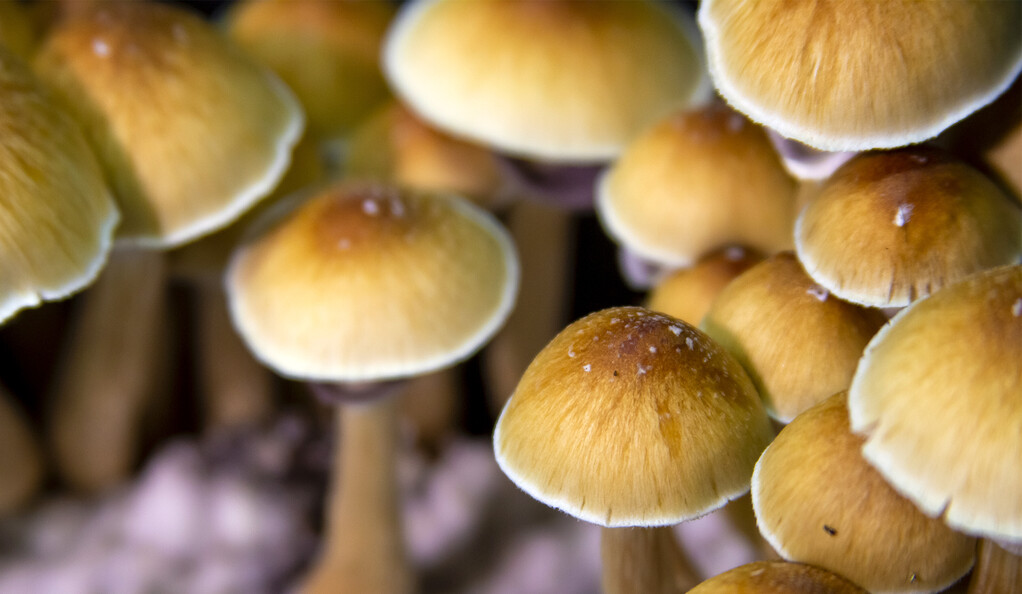
Psychedelic spurs growth of neural connections lost in depression
July 5, 2021 by Bill Hathaway
Yale researchers show that a single dose of psilocybin given to mice
prompted an immediate and long-lasting increase in connections between neurons.
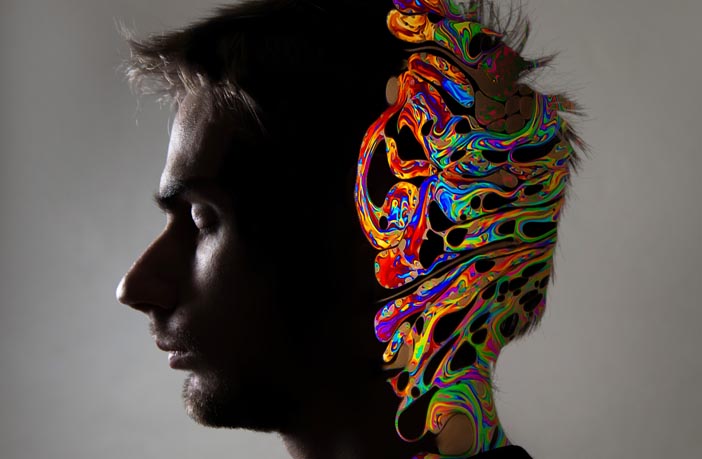
Microdosing associated with increases in conscientiousness and reductions in neuroticism
April 2, 2021 by Hannah M Dressler
A study reveals that a greater amount of experience with microdosing was associated with lower levels of neuroticism among the 76 participants.

Emotions and brain function are altered up to one month after a single high dose of psilocybin
February 10, 2020 by Frederick S. Barrett, Manoj K. Doss, Roland R. Griffiths
Studies suggest that psilocybin may have efficacy for the treatment of depression and anxiety, tobacco use disorder, and alcohol use disorder. Reduction of clinical symptoms has been shown to last up to 3, 6, and 12 months after 1-3 psilocybin administrations.
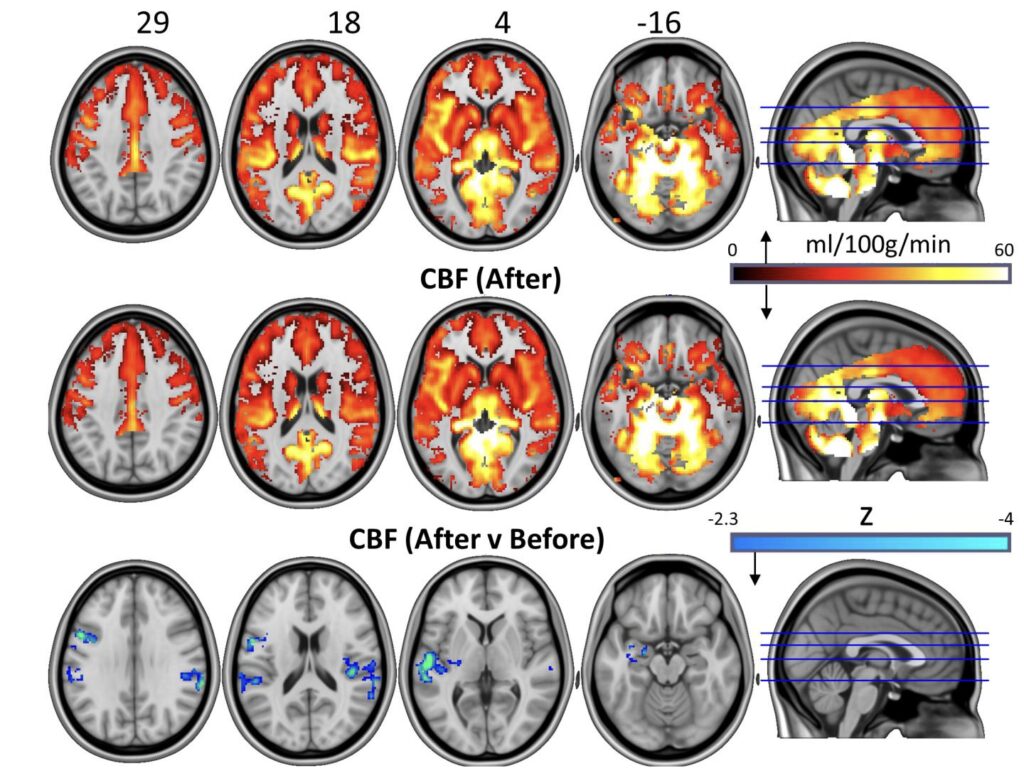
Magic mushrooms may ‘reset’ the brains of depressed patients
October 13, 2017 by Imperial College London
Comparison of images of patients’ brains before and one day after they received the drug treatment revealed changes in brain activity that were associated with marked and lasting reductions in depressive symptoms.

Magic Mushrooms Create a Hyperconnected Brain
October 29, 2014 by Tia Ghose
The active ingredient in the psychedelic drug, psilocybin, seems to completely disrupt the normal communication networks in the brain, by connecting “brain regions that don’t normally talk together.”

Hallucinogen in Mushrooms Creates Universal “Mystical” Experience
July 11, 2006 by Johns Hopkins Medicine
Two months later, 79 percent of subjects reported moderately or greatly increased well-being or life satisfaction compared with those given a placebo at the same test session. A majority said their mood, attitudes and behaviors had changed for the better.
